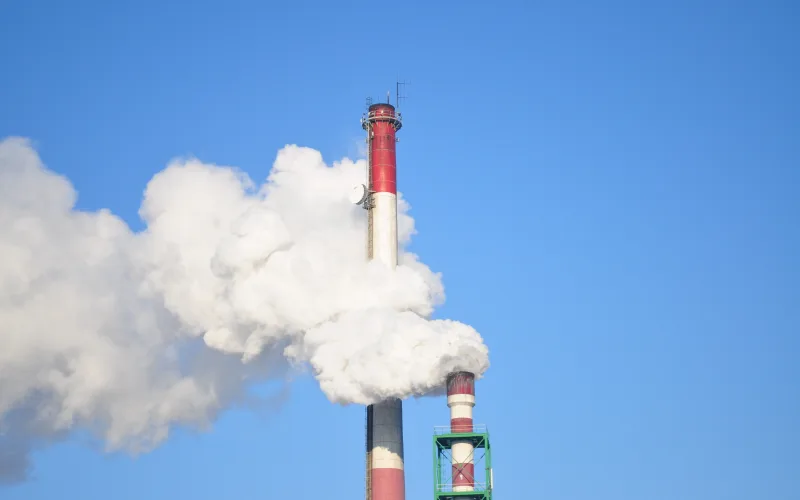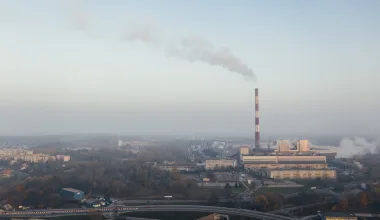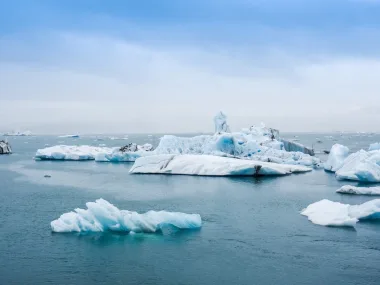Last Updated on April 26, 2023 by Ecologica Life
The outcome of COP27 seems to be dim, especially with an overload of fossil fuel lobbyists taking part this year. Climate scientists are now looking at minimising the effects of climate catastrophe as much as possible, seeing as we are very likely to breach the 1.5ºC limit within a decade or two.
Minimising The Impact of a 1.5ºC Increase In Global Temperature
The current climate pledges made by world leaders are insufficient to keep the 2015 Paris Agreement’s aim of keeping the world below 1.5ºC within reach. We are going to overshoot. While going over the 1.5ºC limit seems unavoidable, some climate researchers have mapped out a number of possible paths that could decrease the overshoot period, maybe by decades. The study was published in the journal Nature Climate Change.
The researchers state that by making more ambitious climate pledges and accelerating the decarbonization process, nations can reduce the amount of time spent in a warmer world.
Every second the overshoot is reduced by, the more we avoid the worst effects of climate change, such as extreme weather and rising sea levels. Gokul Iyer, the lead author, warned that abandoning or delaying more ambitious goals could have “irreversible and adverse consequences for human and natural systems.”
“Moving fast means hitting net-zero pledges sooner, decarbonizing fast, and striking more ambitious targets,” said Iyer. “Every little bit helps, and you need a combination of all of it. But our results show that the most important thing is doing it early. Doing it now, really.”
The Impact of Climate Change
The impact of climate change can already be seen. Such as the temperature changes on land and in the ocean, as well as an increase in the frequency of heatwaves throughout the majority of land regions. Additionally, there is good evidence that global warming has increased the frequency and length of marine heatwaves. There is also strong evidence that human-caused global warming has increased the frequency, intensity, and/or volume of heavy precipitation events on a worldwide scale. The is also some confidence that global warming has increased the likelihood of drought in the Mediterranean region.
If this news makes you feel disheartened don’t worry, you are not alone. There is still time and there are possible solutions if they are implemented quick enough. In our guide to climate change, we have highlighted what those solutions are and how you can take part. Maybe we are optimists, but we at ecologica.life believe there is still time to make a world a better place for the next generations.








